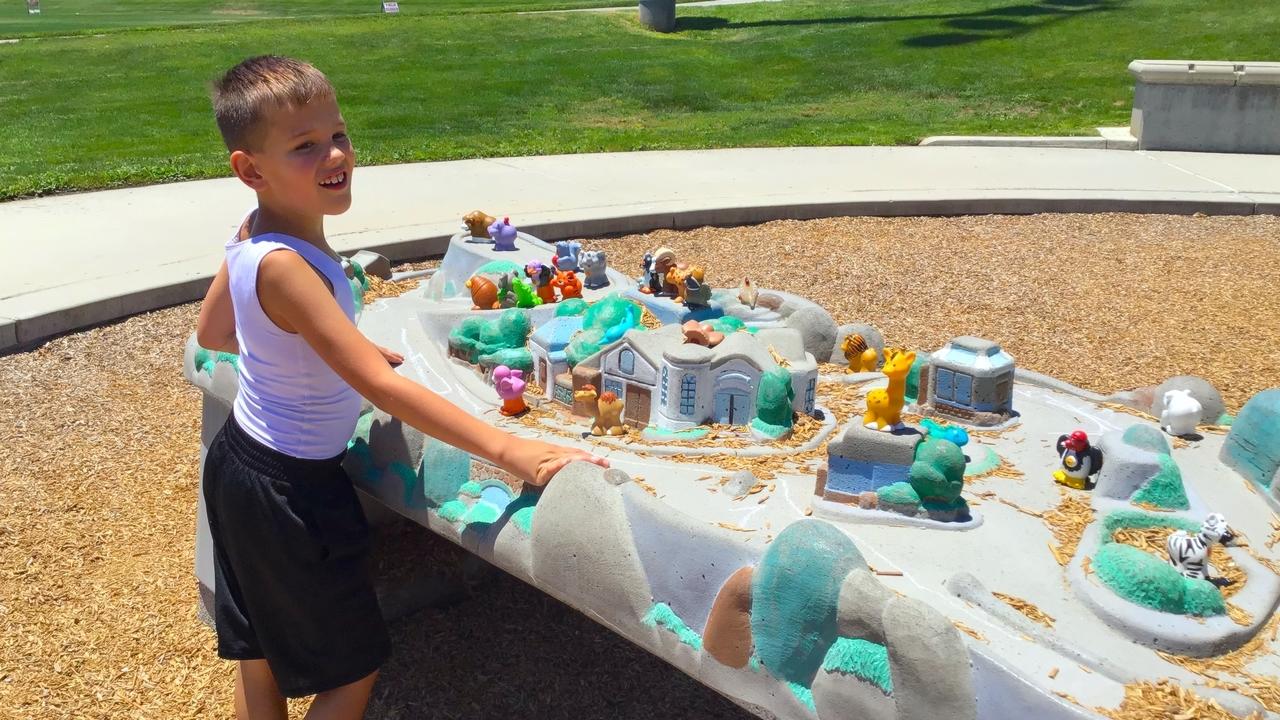The autism grief nobody talks about
Jun 30, 2019
When your child is officially diagnosed with autism, you feel a lot of emotions.
You might feel relieved that you finally have a name for your child's lack of development.
You might even feel a bit vindicated that you were right and all those doctors and relatives who told you it wasn't autism were wrong.
But then the grief sets in.
There are many emotions that come with an autism diagnosis, but most of all, there is grief.
So much grief.
You refuse to accept that grief. You refuse to accept that your child will spend a lifetime suffering from a disorder that allegedly has no known cause.
Because of course autism has a cause. If it didn't, the rate wouldn't be increasing at an epidemic rate. This is more than bad luck, more than losing the genetic lotto.
This is fucking bullshit.
So you begin searching for a cure.
It's so alluring, that cure. Especially when your child has severe autism and suffers from chronic pain, seizures, self-injuring behavior and can't even communicate that they have a goddam ear infection or they're hungry or sad.
You want to make it stop. It's only natural - no parent can bear to watch their child suffer.
The success stories are so full of hope. You read stories about kids who sound a lot like yours, but they're no longer suffering. They're thriving. They're speaking and learning and making friends.
They're cured.
You want that for your child, because of course you do. You're a parent.
So you read all of the books and watch all of the documentaries and attend all of the conferences and try all of the diets and buy all of the gadgets and pay for all of the expensive treatments that aren't covered by insurance.
You do all of the things except stop and take care of yourself.
Your family and friends become concerned. They think you've gone off the deep end. And maybe you have, because the only thing worse than going crazy is a lifetime of watching your child suffer.
You keep at it. You try and you try and you try until you're exhausted and broke.
But the cure never comes.
Autism is still bullshit. But despite giving every ounce of effort you had, your child is still suffering.
That's when the second stage of autism grief kicks in. The realization that there might be a cure out there for your child, but it's elusive. You may never find it.
And that grief is even worse than the one you experienced when your child was diagnosed. You want to die.
But you can't, because you have a child to raise. Until you find that cure, you must figure out how to help your disabled child learn and grow and laugh and reach their full potential.
And you need to get back to living your own life, too.
How do you do that?
By accepting that helping your child isn't an all or nothing proposition. Just because you may never find a cure doesn't mean you can't make things better.
You don't have to do the entire Nemechek protocol. But you can cut out food dyes, MSG and other chemicals found in processed food.
You don't have to spend a fortune on risky chelation treatments. But you can sneak more green vegetables into your child's diet and use epsom salts in their bath.
People may always stare at your child when you go out in public. But you can do it anyway, and with time, they'll develop a solid social foundation.
Your child may never go to college or have a stellar career. But they do have a right to an education and if you need to, you can fight for it or try homeschooling.
You may never have a normal parenting experience. But you can still achieve your own personal goals and live a happy, fulfilling life without giving up on your child.
Nonverbal Autism Homeschool enrollment is currently open!
Stay connected with news and updates!
Join our mailing list to stay updated on Nonverbal Autism Homeschool courses, special events and new blog posts. You'll also receive free curriculum, inspirational messages, autism parenting hacks and more!
We hate SPAM. We will never sell your information, for any reason.

